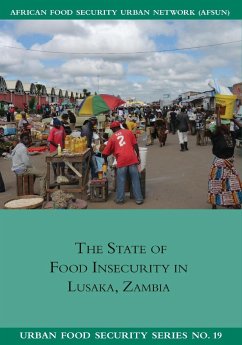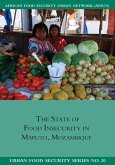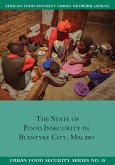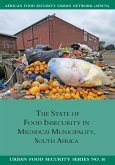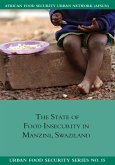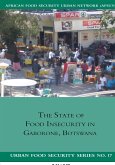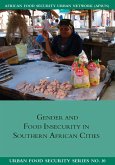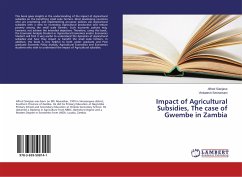The Lusaka urban food security survey done by AFSUN as part of its baseline survey of 11 Southern African cities found that up to 93% of the households in the informal settlements, which house three-quarters of the Zambian capital's population, were food insecure. A paltry 8% were food secure. Worse still, most of the households in the informal urban settlements of Lusaka did not only have poor access to food, they also consumed foods from a very narrow range of food groups. Their diets were dominated by cereals and therefore likely to be deficient in essential vitamins, minerals and proteins. The AFSUN survey shows clearly that urban households obtain their food mainly through the market and therefore stable macro-economic conditions are essential to their food security. Since urban household food security is positively associated with levels of income, promotion of decent employment is critical. Among the urgent measures AFSUN recommends to address Lusaka's food insecurity are the promotion by government of decent employment, including labour-intensive public works programmes that would stimulate formal employment, and supplementary feeding programmes in clinics and schools.
Bitte wählen Sie Ihr Anliegen aus.
Rechnungen
Retourenschein anfordern
Bestellstatus
Storno

